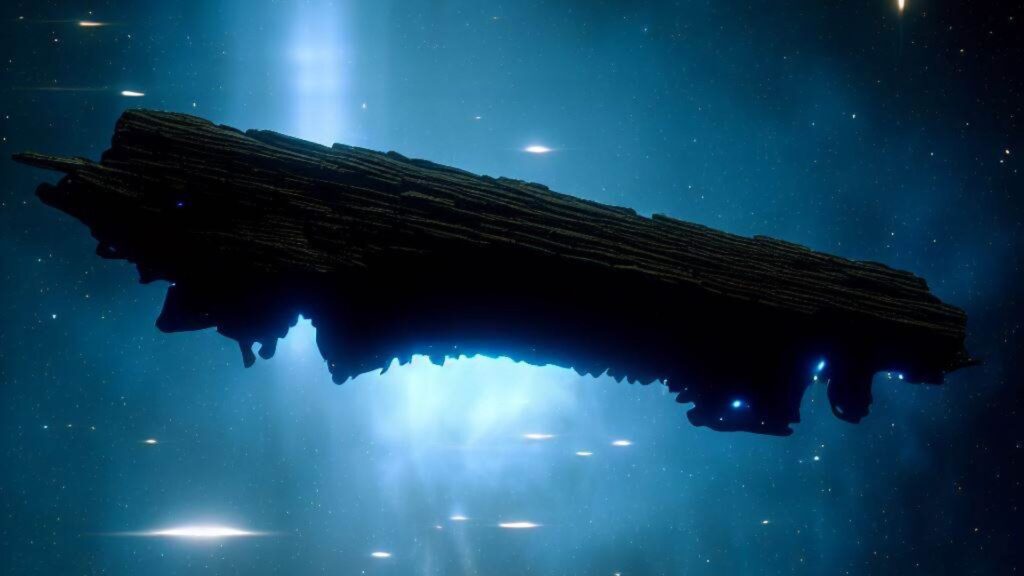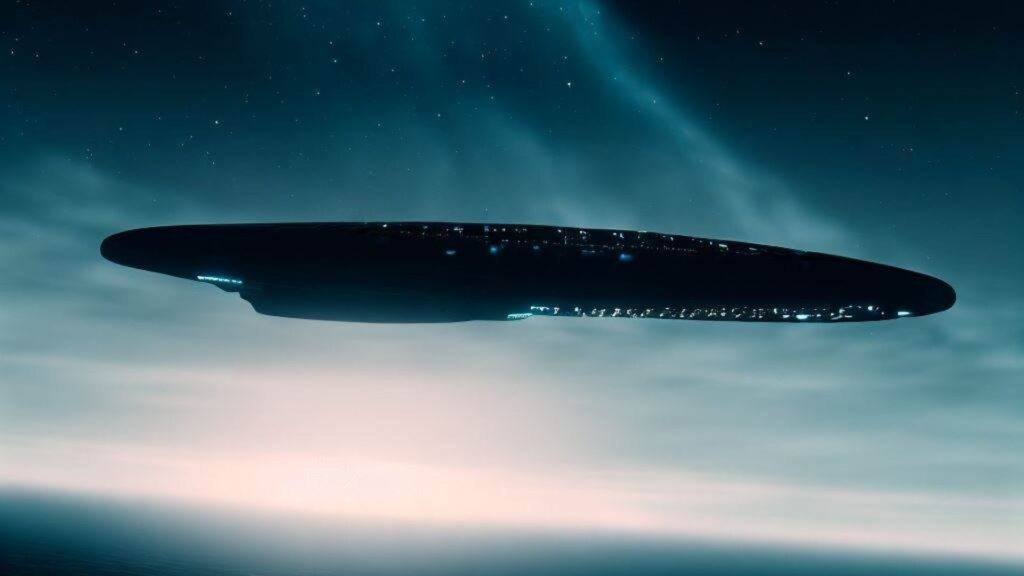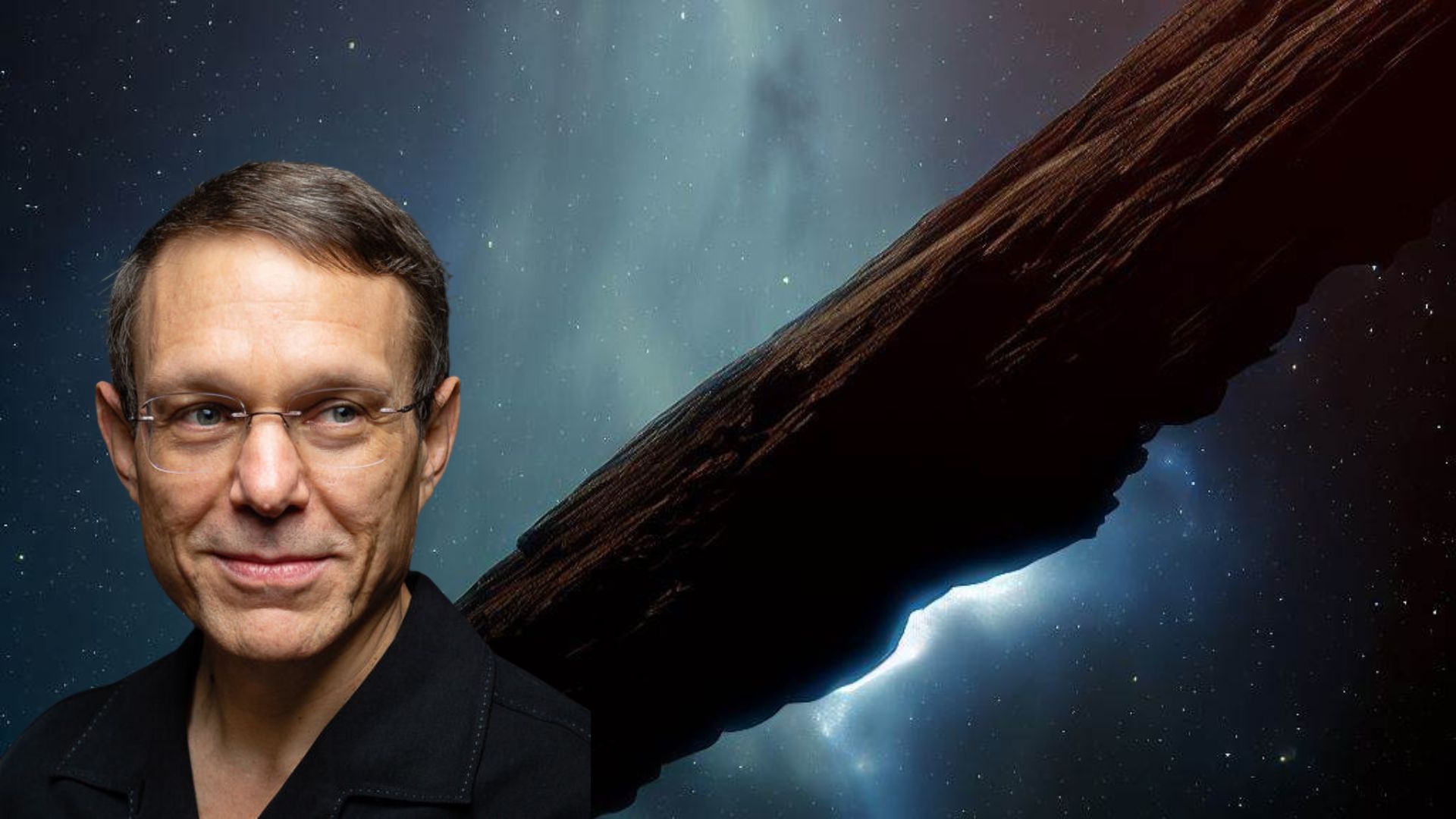Introduction
In recent years, the topic of UFOs (Unidentified Flying Objects) or UAPs (Unidentified Aerial Phenomena) has gained significant attention and intrigue. Scientists, researchers, and the general public have been captivated by the possibility of extraterrestrial life and advanced civilizations beyond our own.
One prominent figure in the field of astronomy and astrophysics who has been at the forefront of investigating these phenomena is Professor Avi Loeb from Harvard University. In this blog post, we will delve into the developments in the UFO/UAP phenomenon, as discussed by Avi Loeb in a recent interview on YouTube.
Understanding Avi Loeb’s Expertise
Before we dive into the specific details, let’s familiarize ourselves with Avi Loeb’s background and credentials. Professor Loeb is the Frank B. Baird Jr. Professor of Science at Harvard University and holds numerous prestigious positions within the field of astronomy.
He chairs the Department of Astronomy at Harvard and is the founding director of Harvard’s Black Hole Initiative and The Institute for Theory and Computation within the Harvard Smithsonian Center for Astrophysics. Additionally, he serves in advisory roles for various scientific initiatives and is an author of multiple books and scientific papers.
Major Developments in UAP Research
During the interview, Avi Loeb highlights a significant development in the field of UAP research that the Galileo Project, an initiative he is actively involved in, is currently investigating.
The conversation then shifts to the existence of recovered materials associated with UAPs, as claimed by a whistleblower with apparent credibility.
According to the whistleblower, the US government possesses these materials, prompting the question of whether they should be made available for open study by the scientific community.
Professor Loeb emphasizes the importance of evidence-based scientific progress. He points out that relying solely on hearsay or classified information is insufficient.
While acknowledging the need for concrete evidence, he asserts that it is crucial for the scientific community to have access to any potential UAP materials.
Avi Loeb believes that these materials, if genuine and originating from extraterrestrial civilizations, should be studied openly for the benefit of humanity rather than being withheld for national security reasons.
Scientific Collaboration for the Benefit of All

Avi Loeb strongly advocates for a collaborative approach to studying the UFO/UAP phenomena. He asserts that knowledge about the universe and our cosmic neighborhood should be shared by all humans, transcending national borders.
Loeb draws a parallel with the discovery of ordinary matter being primarily hydrogen, a scientific breakthrough published in scientific journals and not limited to exclusive governmental knowledge.
He believes that withholding information about potential extraterrestrial artifacts or debris unrelated to national security contradicts the principles of open scientific exploration.
Furthermore, Avi Loeb explores the possibility of various origins for UAPs. He mentions the existence of objects from interstellar space and highlights the discovery of meter-sized meteors originating from beyond our solar system.
He also discusses the potential for artificial objects or space trash that may have crashed on Earth. Loeb mentions that analyzing the crash sites could reveal whether they are associated with natural phenomena or technological artifacts.
The Quest for Uncovering the Truth
In the interview, Avi Loeb contemplates the challenges and approaches to studying UAP materials. He discusses the need for meticulous protocols to prevent contamination and ensure the isolation of the collected samples.
The Galileo Project, along with Harvard’s state-of-the-art instruments, is well-equipped to analyze the materials once obtained.
Loeb acknowledges the limitations of data analysis when dealing with events that cannot be revisited or reconstructed.
However, he emphasizes the importance of scientific transparency and sharing findings with the public. He mentions the ongoing efforts of intelligence experts and scientists/engineers to analyze UAP events.
He believes that the scientific community must actively collect their own data, as relying solely on government agencies may lead to a skewed perspective.

Implications for Techno Signatures and Our Future
Avi Loeb also touches upon the concept of techno signatures, which are potential indicators of advanced technological civilizations beyond Earth.
He suggests that our society may be at a turning point with the recent revelations and the possibility of obtaining UAP materials for study. Loeb emphasizes the need to take these potential signs seriously and lobby the government for more transparency and collaboration in investigating such phenomena.
Regarding the implications for our future, Loeb expresses his optimism and fascination with the idea of advanced civilizations coexisting in the universe.
He believes that the existence of extraterrestrial life would not necessarily lead to apocalyptic consequences as often portrayed in popular culture.
Many religions already accommodate the notion of life beyond Earth, and the discovery of alien civilizations may provide valuable insights and advancements for humanity.
Conclusion
Avi Loeb’s insights into the UFO/UAP phenomenon offer a fresh perspective on the scientific exploration of potential extraterrestrial artifacts and phenomena.
By advocating for openness, collaboration, and evidence-based research, Loeb challenges the status quo and encourages the scientific community to embrace the study of UAP materials. As we venture further into the unknown, Avi Loeb’s work serves as a catalyst for unlocking the mysteries of our universe and our place within it.
To learn more about the unveiling of new evidence for extraterrestrial life, including intriguing insights into Mussolini’s UFO, visit our article on AtmosphericLights.com.

